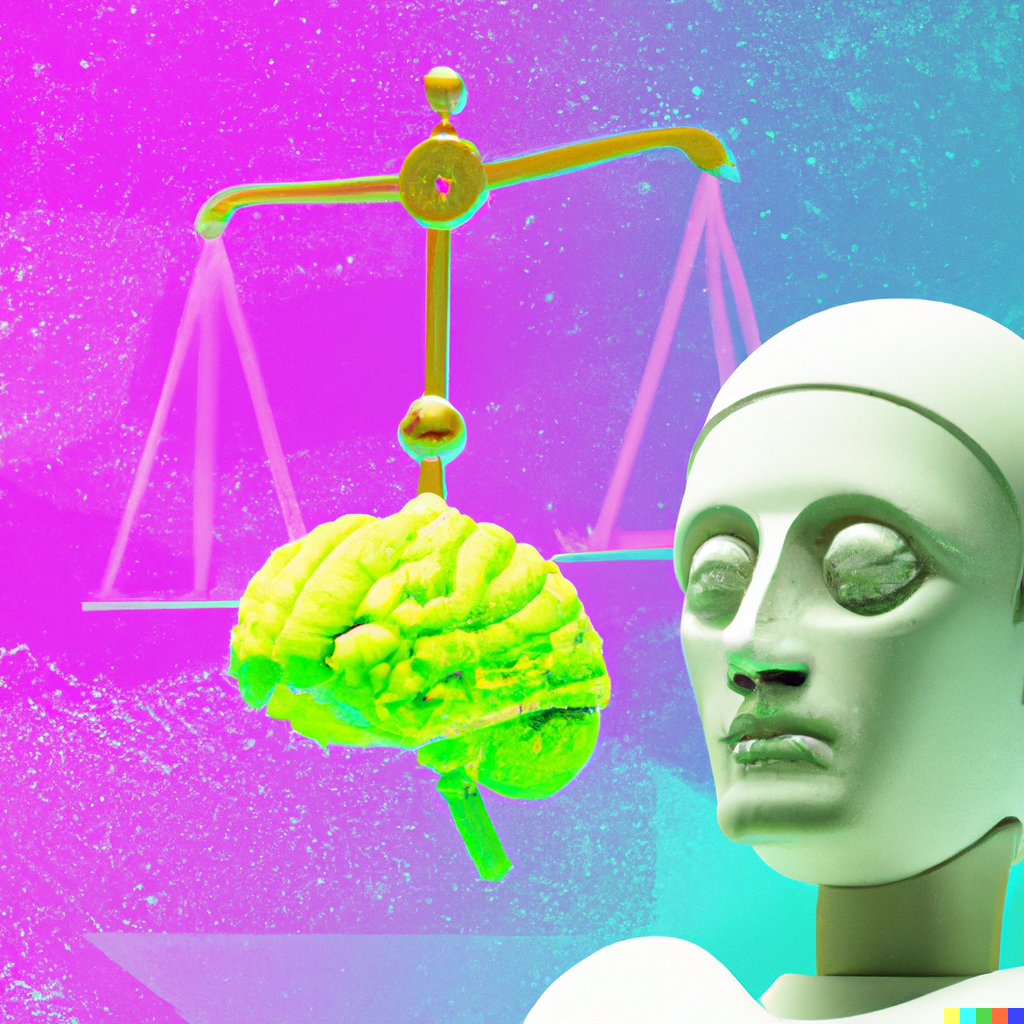Governance challenges in times of exponential disruptions
The legitimacy of governments is based on the protection of the people while enabling their growth. Now, global disruptions are shaking the governance of national states by:
-
Converging crises that challenge governments to regulate novelty while maintaining technological and societal progress.
-
Normative powershifts toward the private sector that threaten the position of state governments.
-
Technological and climate developments that outpace the speed of reactive regulations.
All of these developments cause expanding gaps in law, resulting in a loss of power, trust and legitimacy of national governments.
Normative power of the factual
New technological advances and mass adaptations as well as climate change cause converging crises, that create new facts about societal life. The status quo is shifting and what was true in the past will drastically change in the future.
Artificial Intelligence
AI is developing exponentially, thus exceeding the pace of reactive development of regulations. In order to keep law in pace with reality, we advise governments in foresighted lawmaking by legal Transformation.
Blockchain
Blockchain is a decentralized technology, challenging the limits of national laws and regulations. Thus, we train governmental and legal professionals in understanding these technologies to not only develop sufficient laws but to use it as regulatory tool themselves.
Climate Change
Scientists around the globe warn governments about the ripple effects of climate change. Water scarcity, forced migration, heat waves and droughts will destabilise states and cause conflicts. Thus, we advise in legal transformation to strengthen governments and societal resilience.
Laws are only as powerful as the tools to enforce them – or the incentive to voluntarily comply with them.
It´s time to rethink law /think ahead!
Foresight departments
As technological progress is speeding up, reactive regulations are too slow to cover novel threats. Thus, governments are advised to think ahead, i.e. by shaping foresighted departments for law and governance. Their tasks can involve to create a mindset shift within the government for thinking outside the box and develop alternatives to the status quo that match the future needs of society.

Alternatives to law
Law is not only a written text but the norms and values a society agrees upon. It embodies a variety of governmental intends, forming societal contracts. The conditions of these contracts attract or deter certain people.Thus, by defining visions and values that are reflected in law, governments can attract talents, like digital nomads, by shaping economic incentives that express their societal values.
New enforcement tools
As society is expanding its realms of societal and economic participation, i.e. through metaverses, smart cities and AR, law enforcement needs to be able to cover those spaces as well. Thus, technology becomes not only objects but also tools of regulations. In this way, Blockchain, AI and algorhithms also impact law enforcement.
What we offer

Legal Transformation Consulting for developing foresighted laws that anticipate future developments.

Mindset-shift trainings for legal and governmental officials to think ahead and increase their mental flexibility to meet future challenges.

